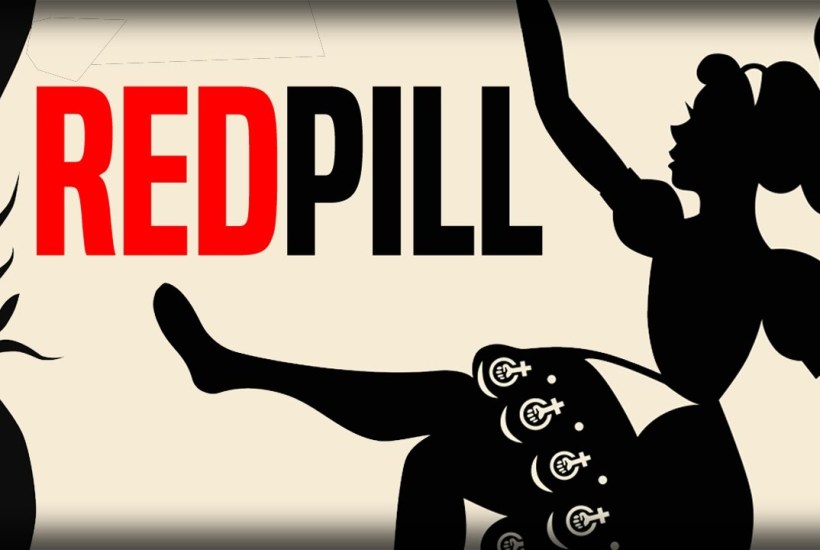In 1964, a small student protest movement gained traction across the United States and galvanised the entire nation. At the University of Berkeley, an 800-strong student sit-in and strike resulted in campus shutdown. Across the country, students from all walks of life and from both sides of the political spectrum engaged in civil disobedience during an intensely political decade. They were anti-war protesters calling out the then-dominant narrative surrounding the Vietnam War.
But what they were truly fighting for was the right to be heard, the right to challenge people’s thinking, the right to challenge what the establishment had shoved down their throats to be taken at face value.
They called themselves the Free Speech Movement. And they were brought together by attempts to shut down their voices and those of political advocacy on university campuses. They enjoyed the support of students from campuses across the western world.
At the University of Berkeley, violent protesters assaulted civilians and destroyed property to shut down an appearance by Alt-right contrarian Milo Yiannopoulos. Closer to home, a Sydney University debate between Liberal and Labor on the issue of asylum seekers was disrupted in 2014 by members of the Greens and Socialist Alternative who drowned debaters out using loudspeakers.
It’s fair to say that there’s been some cultural revision since the 1960s. Free speech is no longer trendy and human rights worth fighting for are now the rights which agree with popular and trendy discourse. Your rights and entitlements are also a little different depending on the colour of your skin, your political position or whether you’ve signed a statutory declaration identifying you as female.
Amidst this paradigm of absurdity, it’s no surprise that free speech is out and censorship is in vogue.
The Red Pill is the latest chapter in the saga of the establishment – driven by hard-left activists who control and dominate many student unions, shutting down inconvenient and uncomfortable discourse.
The Red Pill is a documentary by feminist Cassie Jaye which chronicles the rising ‘Men’s Rights’ movement. Jaye initially set out to make a film criticising the movement which is often accused of being hateful and anti-women rather than pro-rights in nature. She instead questions her preconceptions about power, privilege and gender after discovering that the movement is different from what she expected.
The film discusses issues facing boys and men including high-risk jobs, workplace fatalities, male suicide rates, false allegations of rape, military conscription, lack of services for male victims of domestic violence and rape, disparity in criminal sentencing, high rates of violent victimisation, disparity in child custody and divorce outcomes, disproportionate funding and research on men’s health issues, educational inequality and lack of male reproductive rights. It features interviews with activists and supporters of the movement.
These ideas don’t seem to sit well with the University of Sydney Union Board. When student clubs attempted to screen the film on campus, their event was promptly shut down. Their justification for the shutdown is particularly concerning:
The USU has received a number for complaints regarding the film screening, and after investigation, we have come to the conclusion that a screening of The Red Pill would breach regulation 10.j.xii of the Clubs and Societies regulation. The regulation proscribes that:
“Club funds may not be used for any activities that discriminate or harass on the basis of sex, race, age, marital status, sexuality, religion, or disability; or defame, coerce, intimidate of physically threaten an individual or group.”
We believe that there is the distinct possibility that the planned screening of this documentary would be discriminatory against women, and has the capacity to intimidate and physically threatened women on campus.
Female head organiser for the event, Renee Gorman disagrees:
I am very disappointed that [the Union] have prejudged the picture without adequate information. University, especially one with the proud history of U Syd, should be a forum for open discussion and debate.
What our opponents refuse to acknowledge is that gender issues are not a zero sum game. This film encourages men’s rights and issues to be pursued in tandem with, rather than against, those of women.
The most insulting thing about USU’s attempt to justify their decision is the implication that a film focusing on men’s issues that questions how institutions and power structures might operate against men has the capacity to turn audience members into violent and threatening beasts ready to harass and intimidate women. These are the students whose hard-earned money funds the USU and who the USU is meant to serve.
Equally insulting is the idea that students at one of the country’s premier universities are incapable of judging and questioning the film.
The film isn’t presented as perfect. Some critics have described it as failing to present a two-sided perspective. Others have accused the film of failing to question the extent to which notions of ‘patriarchy’ have contributed to the male issues it discusses. But these are topics for discussion and conversation which the film aims to start and which become impossible when the film’s very screening is branded harmful and ‘dangerous’. Notably, even the film’s harshest critics don’t make reference to factual inaccuracy.
Campus censorship doesn’t send the message that ideas aren’t worth hearing – it does the exact opposite. It sends the message that some ideas might well be so convincing to the hapless population that they must be stopped from taking root. How else could a supposedly flawed film be so harmful that merely watching it could convert people into divisive hooligans?
It doesn’t just insult men. It insults women by presenting them as damsels in distress whose feelings call for protection from a leviathan student union – the very antithesis of feminism. It insults students for the same reason and it insults our collective intelligence to boot.
It endorses a culture of weakness where feelings are sacrosanct and the dominant narrative must be protected at all costs. A narrative that throws women, ethnic minorities and anyone else it can pigeonhole into a generic, homogenous basket in an effort to shield itself from criticism.
It’s time we got rid of the culture of weakness on our campuses and stopped treating students – male and female alike, like children.
Organisers from the Sydney University Brotherhood & Recreation Society, Students for Liberty and the University of Sydney Conservative Club are currently working on finding an alternative venue for The Red Pill screening. For more information and updates, follow the Facebook event page.
Satyajeet Marar is a Research Associate with the Australian Taxpayers’ Alliance.
Illustration: YouTube.
Got something to add? Join the discussion and comment below.
Got something to add? Join the discussion and comment below.
Get 10 issues for just $10
Subscribe to The Spectator Australia today for the next 10 magazine issues, plus full online access, for just $10.


























Comments
Don't miss out
Join the conversation with other Spectator Australia readers. Subscribe to leave a comment.
SUBSCRIBEAlready a subscriber? Log in